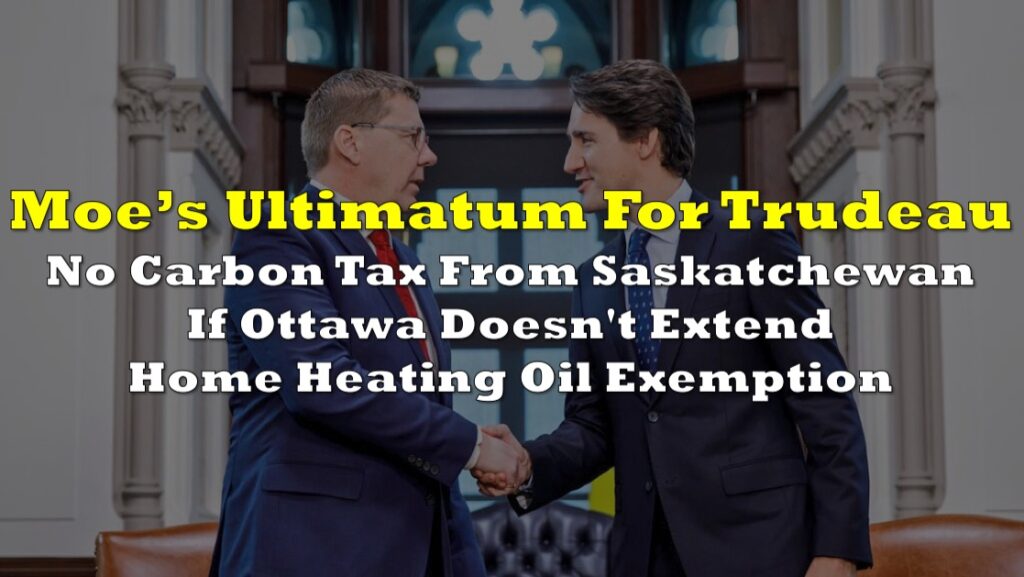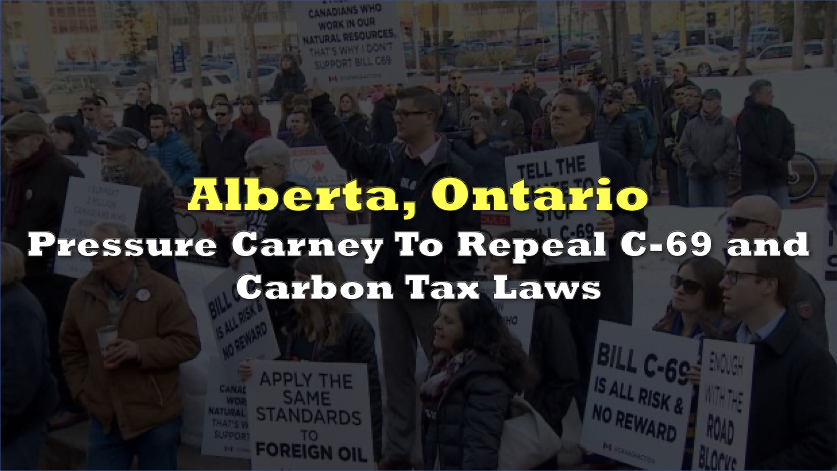Small businesses across Canada are expressing anger and disbelief as the government announces plans to tax long-overdue carbon tax rebates. This decision, learned by the Canadian Federation of Independent Business (CFIB), has ignited widespread frustration, with CFIB leaders and small business owners calling it a “ridiculous” move that contradicts the principle of revenue neutrality in the country’s carbon tax framework.
After years of delays, the Canadian government is set to issue $2.5 billion in carbon tax rebates for small businesses this December. Initially promised as a revenue-neutral measure, the rebate was meant to alleviate the financial burden of the federal carbon tax, which has disproportionately impacted smaller enterprises.
“This is deeply offensive to small firms and, frankly, a ridiculous idea,” said Dan Kelly, president of the CFIB. “Government is now planning to tax a tax rebate – it would be like charging income taxes on someone’s tax refund. Taxing the carbon tax rebate also throws out of the window any pretense that the carbon tax is revenue neutral to government as it will be collecting hundreds of millions in corporate income tax revenue on the rebate.”
The Canada Revenue Agency had previously assured the CFIB that the rebate would be exempt from taxes, citing its similarity to the Canada Carbon Rebate for individuals, which is not considered taxable income. However, after seeking final confirmation from the Department of Finance, CFIB was informed that the small business rebate would indeed be classified as taxable government assistance.
The carbon tax was introduced to curb greenhouse gas emissions by incentivizing greener practices, with revenues originally intended for reinvestment in affected communities and industries. However, small businesses have argued that they bear a disproportionate share of the tax’s burden, lacking the capital to implement costly green technologies to offset their tax liabilities.
In 2019, the government promised that 10% of the total carbon tax revenue would be rebated to small businesses, yet the money remained untouched until now.
After years of lobbying and a petition signed by thousands of small business owners, CFIB finally succeeded in pressuring the government to disburse the funds. However, the taxation of the rebate adds another layer of frustration for small business owners who feel they have been sidelined in federal carbon tax policies.
“Rebating a small portion of the carbon taxes paid by small businesses is about as far from government assistance as I can imagine,” added Kelly.
The financial strain on small businesses has intensified with every increase in the carbon tax, making many entrepreneurs question the feasibility of continuing operations under Canada’s evolving tax policies. The carbon tax is set to rise again on April 1, 2025, and at the same time, the government plans to reduce the future rebate rate for small businesses from 9% to 5% of total revenue.
CFIB has voiced concerns that these tax changes not only fail to support the sustainability goals they were designed to promote but also endanger the stability of Canada’s small business sector.
“It’s not surprising why 83% of small business owners now oppose the carbon tax,” Kelly stated. “Delaying, then taxing, then slashing promised rebates to small business are yet additional reasons why the carbon tax needs to be scrapped entirely.”
The CFIB has sent an open letter to Minister of Finance Chrystia Freeland, urging the government to reconsider the taxation of the carbon tax rebate.
“After waiting for over five years for government to deliver on its promise to small businesses, taxing
the Canada Carbon Rebate businesses is deeply disappointing and wrong,” Kelly said in the letter.
On top of reconsidering the decision, the federation has also outlined several recommendations regarding the federal carbon tax:
- Complete removal of the carbon tax, a stance supported by 82% of its members, who argue that the tax disproportionately affects small businesses.
- Restoration of the small business rebate to its previous level of 9% of total carbon tax revenue. Additionally, CFIB urges the government to expand the rebate program to include unincorporated businesses and those without T-4 employees.
- Abandonment of government’s planned carbon tax increase set for April 1, 2025, citing the financial strain an increase would place on small businesses already facing challenges.
- Full exemptions from the carbon tax on natural gas and all agricultural applications, advocating that these exemptions remain as long as the tax itself is in place, due to the critical role of these resources in essential business operations.
Business advocates argue that the government’s current approach undermines its commitment to supporting small businesses, which comprise nearly 98% of Canadian businesses and employ millions of people across the country.
In response to the CFIB’s opposition, a spokesperson from the Department of Finance has reiterated that the carbon tax rebate will be issued as planned and that its classification as taxable income falls within established guidelines for government financial assistance. This stance, however, is seen by many as dismissive of the unique challenges faced by small businesses, which unlike large corporations, often lack the resources to absorb or offset tax burdens.
The tension surrounding the carbon tax rebate’s taxation reflects larger questions about Canada’s carbon tax policy. Designed as a tool for environmental stewardship, the carbon tax has raised concerns over its impact on business viability, especially for smaller companies operating on thin margins. Critics argue that without substantial government support or incentives for energy efficiency improvements, small businesses are left with little recourse but to bear the tax costs.
Information for this story was found via the sources mentioned. The author has no securities or affiliations related to the organizations discussed. Not a recommendation to buy or sell. Always do additional research and consult a professional before purchasing a security. The author holds no licenses.









